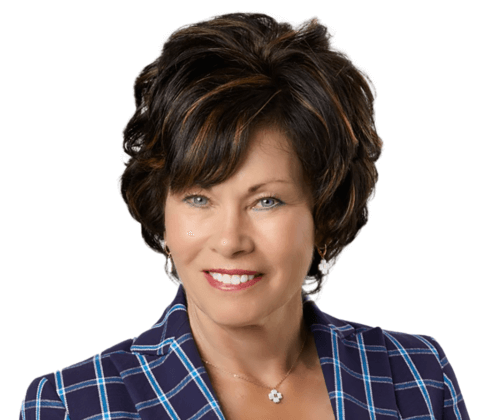A deeply revealing moment occurred just minutes after Doug Ford was declared the next premier of Ontario, having led the PC party to a large majority government after years in the political wilderness.
Traditionally, the political party leaders speak in order of their placement. With Kathleen Wynne and the Liberals placing a distant third, it was expected that Wynne would speak first, followed by new opposition leader Andrea Horwath, before premier-designate Ford took his turn on stage.
But the outgoing premier’s speech was delayed for so long that networks threatened to cut coverage at 11, potentially depriving the new premier of a critical opportunity to address the province.
So, Ford‘s team made the decision not to wait. And as it happened, the new premier spoke at the exact moment the former one did. The result? Networks cut to Premier-designate Ford.
What was truly revealing about the moment was not the actions of Ford‘s team, but of the reaction from the media after it happened.
Ford was castigated for stepping on Wynne‘s moment; for stealing her last public statement. Instead of addressing in any meaningful way the substance of Ford‘s comments themselves, media quizzed pundits about the decision to speak at that time. Had Ford done it on purpose? Was this yet another graceless act from a man the media had long-ago deemed déclassé?
The problem is, voters don’t care.
There are a few reasons for that. Many would understand that the chaos of election night makes for an imperfect evening. Others think of it as inside baseball, with no effect on their lives. And still others are so done with the Liberals that the slight was not a slight at all.
It was hardly the first situation when the media got a Ford story fundamentally wrong.
There exists a divide in the Ontario of today.
On one side, an elite class built of media types, professionals and businesspeople, and academics who control many of the levers of communication. This class exists largely in urban centres, such as Ottawa and Toronto, and agrees on a governing ideology that is fundamentally liberal in character.
But the rest of Ontario looks dramatically different.
It is a group that is far more blue-collar than the elite class imagines. Their appetite for liberal politics is spotty and their tolerance of political correctness barely exists.
And those Ontarians simply do not see themselves reflected in the media landscape.
They did, however, see themselves reflected in Ford and the PC party.
This campaign was particularly revealing in just how wide that schism runs. There was no shortage of articles written puzzling over the dislike of Wynne, with speculation that it was based in homophobia or misogyny.
The media was also not hesitant to let its disdain for Ford seep into its coverage. Reports on Ford emphasized his perceived boorishness or his lack of knowledge of policy, rather than the connection he was building with Ontarians.
And that pattern looks set to continue.
The election night coverage was not exactly an acknowledgement of a significant and decisive change in direction. Instead, it portrayed a province that was hurtling into a terrifying unknown.
It is a tenor of coverage that will no doubt continue once the PC government has been established.
We have seen in the past a disconnect between what media have deemed the important issues and with what voters have decided are the actual issues.
This will be a government where the media and the elite fixate on issues they believe demonstrate Ford‘s unfitness for office.
But much like with his brother, it will do little but cement a base for his supporters.
Ontario elected the PC Party to fundamentally change the way the province is run. And every time an outcry goes up about an issue that average Ontarians deem unimportant, it will highlight to them that the government is doing the exact job it was sent to do.
There have always been two Ontarios. But Thursday’s election saw the side without a megaphone take the reins of power – and it will only deepen its resolve to change the way the province is run.
Jaime Watt is the executive chairman of Navigator Ltd. and a Conservative strategist.


